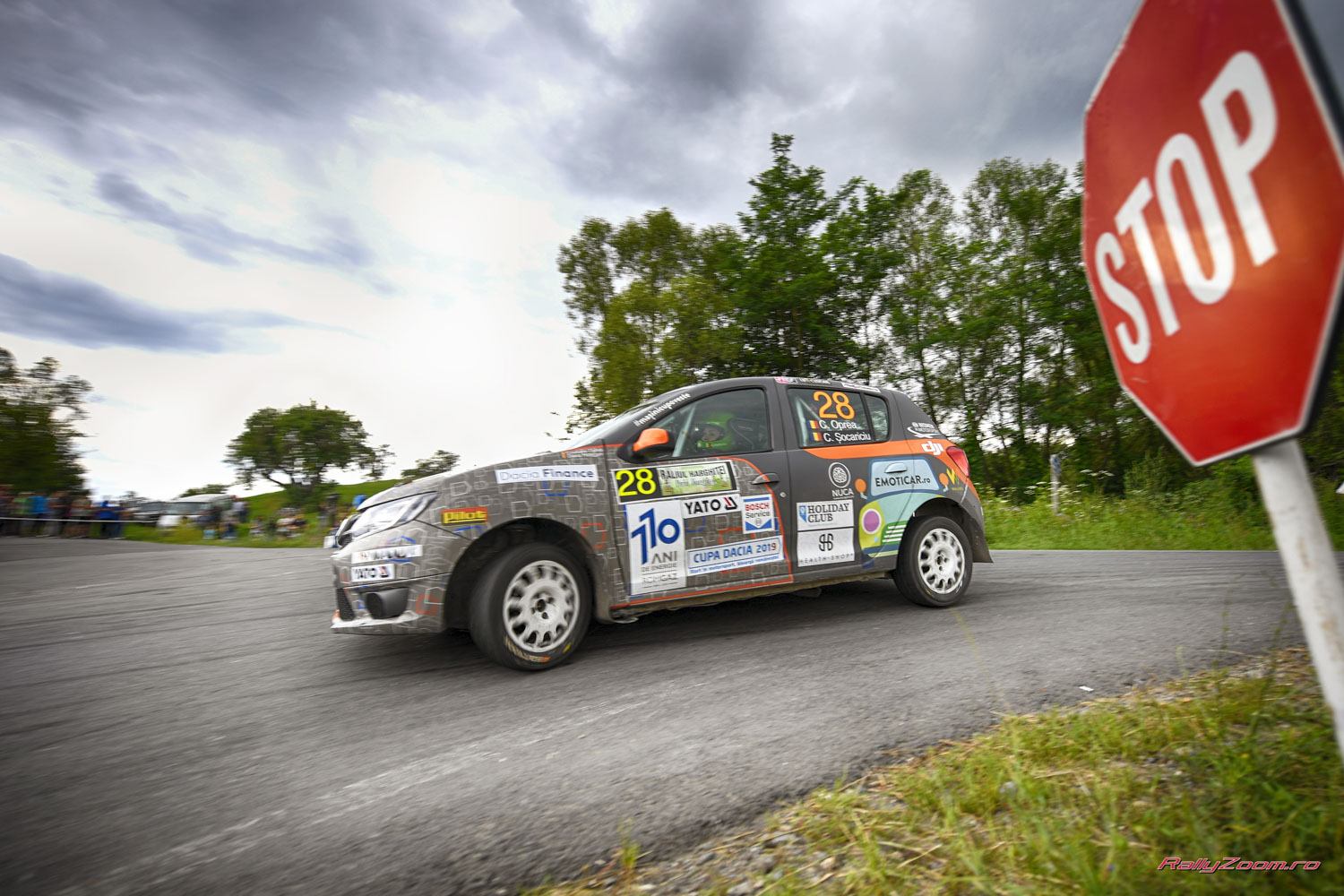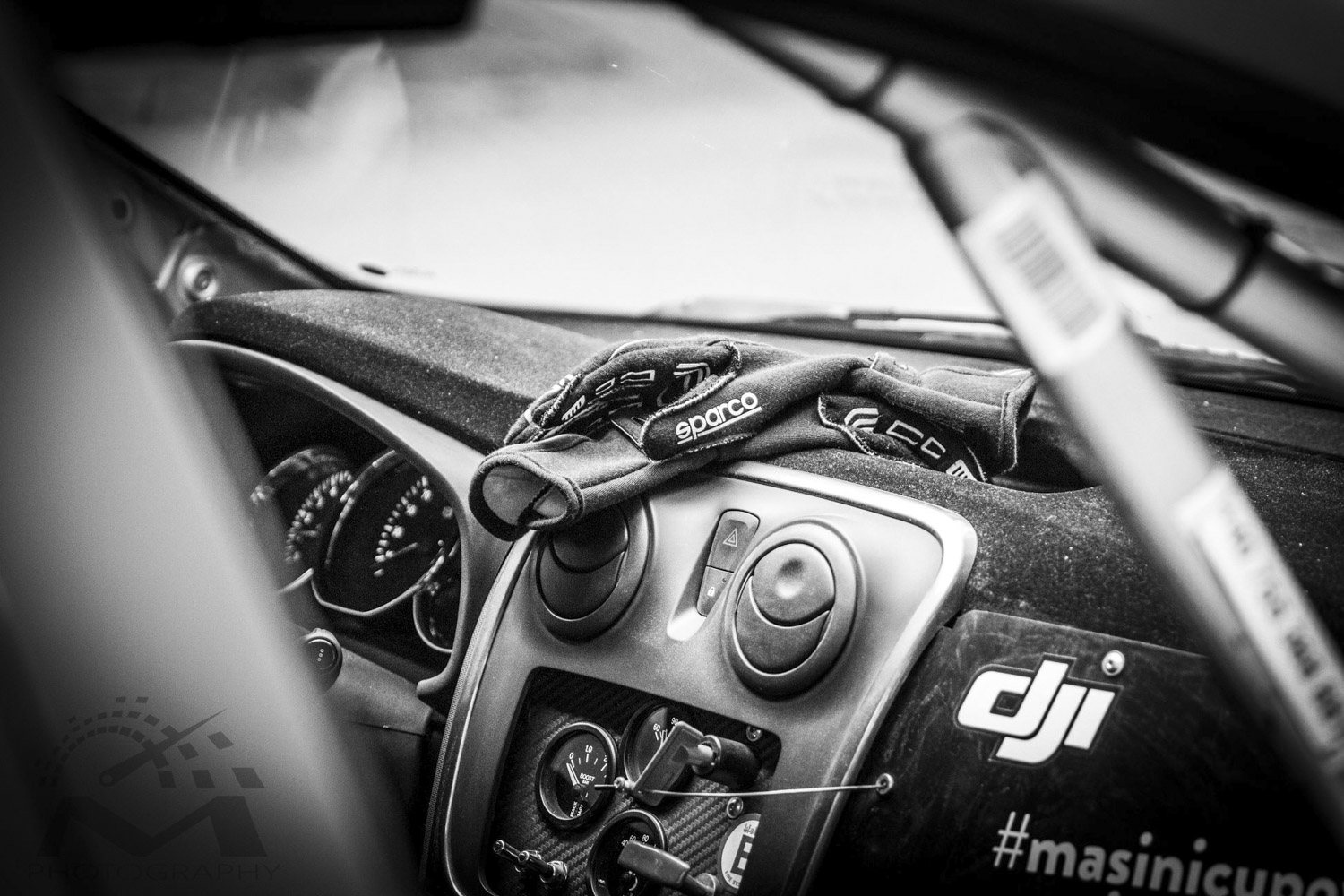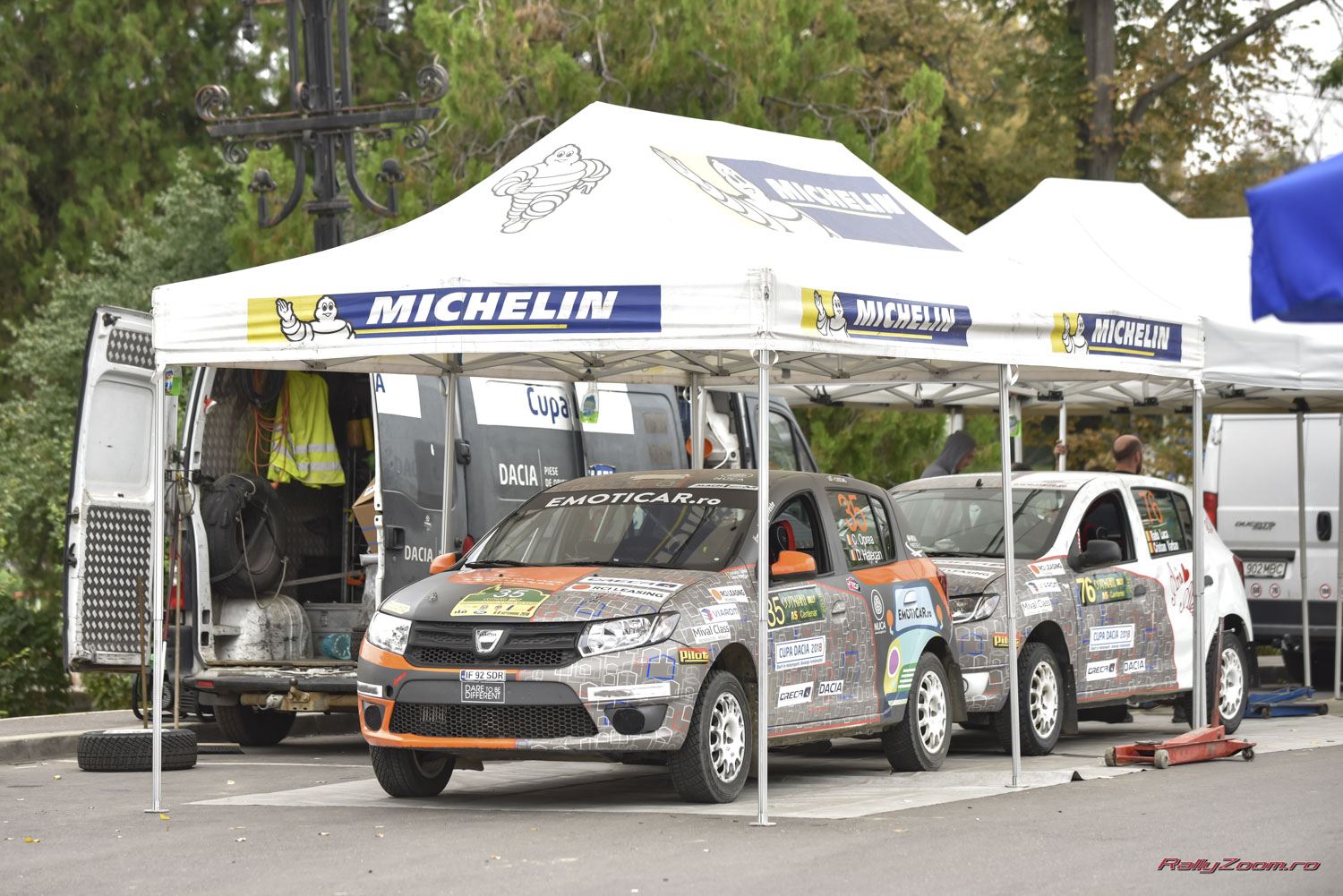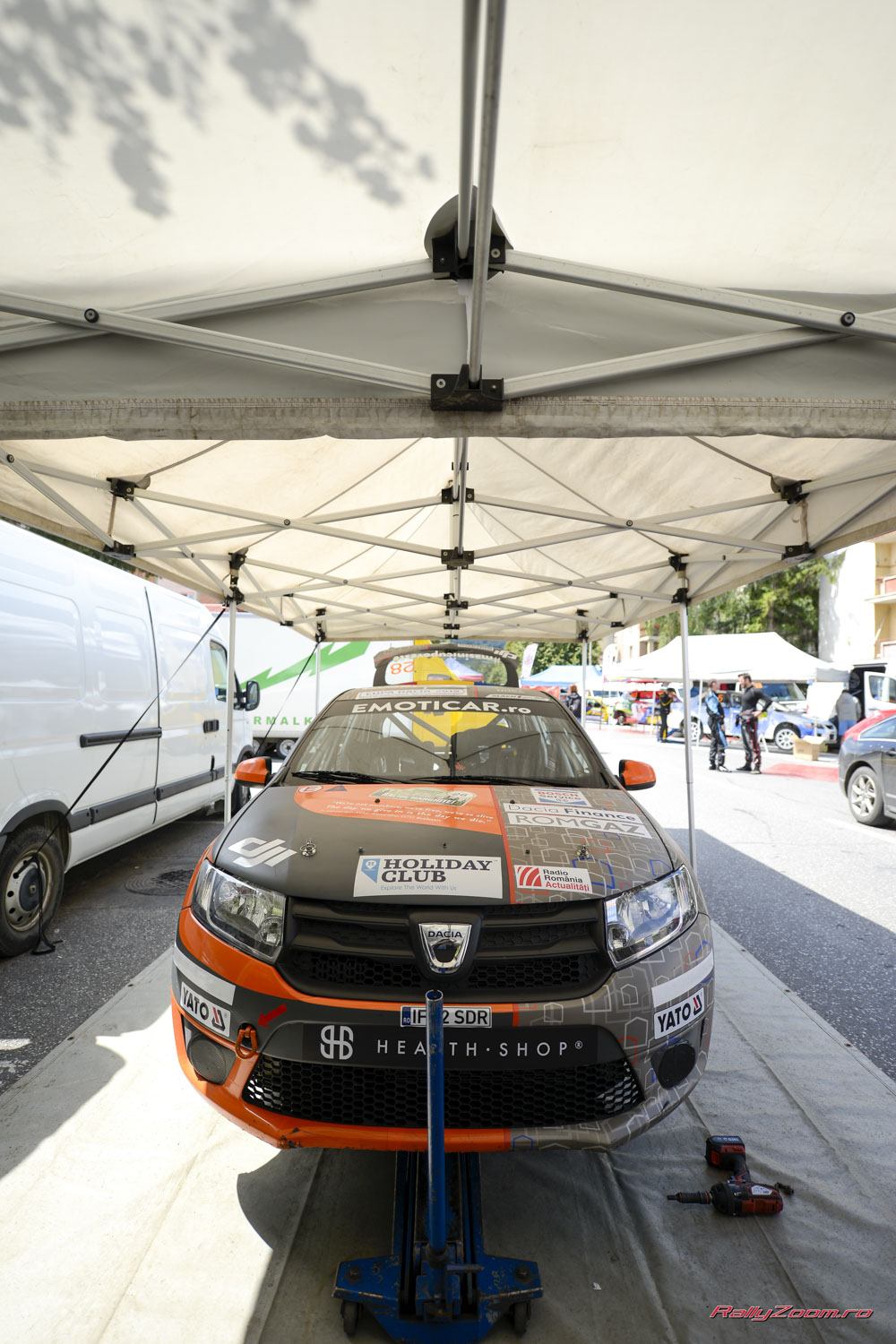[vc_row gap=”30″][vc_column el_class=”sthpcol”][vc_column_text]I #StayHome since more than a month ago and I’ve probably done most of the thing everybody does: I slept more, I cleaned and organized every little corner of my home, I planted flowers in my garden and I checked stuff of my to-do list I was postoning for a few months. Still, no pandemic will ever force me in the kitchen, but I did clean my cars: Sean D’Or patiently awaits under a cover in the backyard, dreaming of some special stages, and Leo is excited for the next road trip of 2020, as soon as we can do this safely.
I tried to avoid the news as much as I could, together with the “live” avalanche on social media and the personal development articles which teach us how to be more productive or how to “recover lost time” – luckily I found some great articles in the daily crisis journal by DOR which explain why a global pandemic isn’t quite the best time to improve our skills and be productive (if it were necessary to point this out). Everything nowadays fights even more for our attention span in online and it’s super easy to slide in an infinite scroll on social media channels…
Even so, I can’t relax – I’ve read some interesting studies about crisis communication strategies, about how sport can reinvent itself or how can small businesses survive this pandemic. I feel the need to prepare as much as I can in order to be ready to start again in my best version possible. And this made me think to my race car and the resilience I’ve built during these (already!) 5 years of motorsport.
Coming back to the daily reality, I had a fair share of amusement when I realized Leo has brand new braking discs and pads from Textar, who’s tagline is “If it moves, it’s our job to stop it”. Hmm, I guess they held their part of the deal 🙂 and it made me realize “pitstops” like these have their own role in our lives, exactly like those we experience during rallies.
This waiting is very much like the moments before the start.
During a rally, 10-15 minutes before our minute we prepare to race: we do a little stretching, have a sip of water, put our crash helmets on and tie our harnesses. We leave behind any chat we had during the liaison, any small joke or thought about anything else besides rallying – we switch on the rally mode. Everything is planned – the time we need for these preparations, where we choose to stop for this and how far we are from the start of the next special stage. Usually we do this at about 1-2 km from the check point in order to warm up the tyres and the brakes.
Once we arrive in the start control point, we wait for our minute so we can enter the TC area (time control). The scrutineers sometimes check for our doors and bonnet to be proper closed and for our crash helmets to be safely tightened.
Between the TC and the start line we usually have a few meters and 3 minutes to wait. We quietly watch the other competitors as they start the stage and maybe we discuss a few last-minute details or objectives regarding the special stage in front of us. At one minute we align the car at the start line, following the scrutineers indications. Diana gives them the time card through the side window which is opened just a few centimetres and the scrutineers sign it. At 30 seconds Diana receives the time card back, she closes the window and turn on the onboard camera. At 15 second I put the car into first gear. At 10 second I grab the handbrake and Diana says “ten” – just that. At 5 second Diana starts the countdown “5, 4, 3, 2, 1, START!” and I press the throttle until 4500 rpm, where Sean D’Or has some kind of a tarmac launch control.
Nothing we do in these 10-15 minutes is random. Maybe these moments don’t seem as intense, but it’s when you win or lose the mental game. It seems every gesture is an automatism, but we do them fully conscious of the stakes, focusing on the special stages kilometres in front of us.
When we “just stay” in the race car without talking, before the start – that is when we know and feel we have to work perfectly together in order to reach our objectives. After all, in order to be fast you also have to learn when and how you need to stay put.
This story is powered by Textar, a brand of TMD Friction – global leaders in brake friction technology, with over 135 years of history in the industry. They manufacture brake solutions for passenger cars, commercial vehicles, industrial applications and, of course, racing cars.
In order for us to enjoy the same effective, reliable and safe products which will slow us down when we need them to, they didn’t stop their activity – all manufacturing and distribution sites are operational and continue to provide regular services to customers, after implementing supplementary safety measures. The Caransebeș factory functions within normal parameters, with a new working schedule which improves the safety of employees (changes in transportation and work shifts). The local community is also benefiting from the company’s support as TMD Friction donated 1200 testing kits to DSP Caraș-Severin.
As I was saying earlier, this waiting has all the sense in the world if we make it an “active” one, which will help us reach the (re)start line prepared, well-rested and, maybe the most important thing, ok with ourselves and any challenge which awaits us.
[/vc_column_text][/vc_column][/vc_row]





